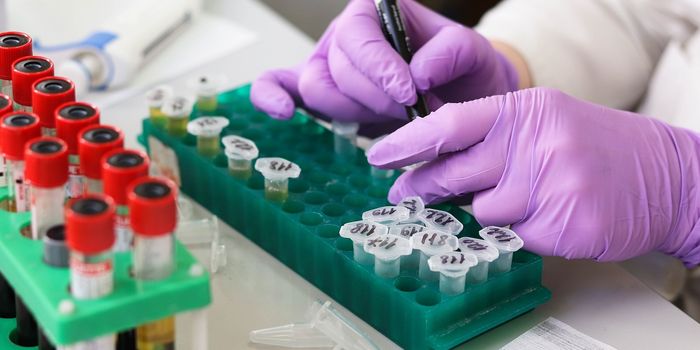Discovering Ancestral Cancer Ties
Epidemiological evidence has established that race and ethnicity play a role in the incidence of several types of cancer. We recognize that people of different races and ethnicities develop different types of cancer more often than other. Many factors, such as diet, environmental exposures, and lifestyle, influence the different rates of cancer incidence among racial and ethnic groups. However, it remains possible that genetics could also play a role in the different cancer rates.
Genetic ancestry includes information about a person's biological relatives from whom a person descends. Cancer research considering genetic ancestry remains a complex undertaking due in part to the specialized techniques, such as whole exome and transcriptome sequencing, required to analyze the genome. Despite the challenges, robust genetic ancestry-oriented cancer research has many benefits, including aiding the development of highly personalized treatment strategies.
To address the challenges associated with such robust research, a team of researchers has developed new software to help scrutinize the connections between cancer and ethnicity. The researchers published data generated using this software in Cancer Research. The software enables researchers to deduce continental ancestry, information common to people based in a particular geographical region, and data from the DNA of tumors.
The researchers tested their software on molecular data extracted from patient cohorts of ovarian cancer, leukemia, pancreatic cancer, and breast cancer patients. Notably, the study included information on the ancestry of these patients, and the software inferred the accurate ancestry of the molecular data at least 95% of the time.
The authors conclude that the statistically rigorous inference stems from pairing molecular data with biological and technical information obtained from the cancer type and sequencing data, respectively. Further, the study proves that ancestral information could feasibly be obtained from the molecular data already available in many public and private databases. This could potentially eliminate the need for patients to self-report ancestry.
Long-term applications of this software may go even further. This data could help develop better cancer treatments and personalized regimens to improve survivorship. Further, similar analyses could identify individuals at high risk of developing cancer, thus, aiding in early detection strategies.
Sources: J Clin Oncol, Am J Hum Genet,.Nature, Cancer Res









